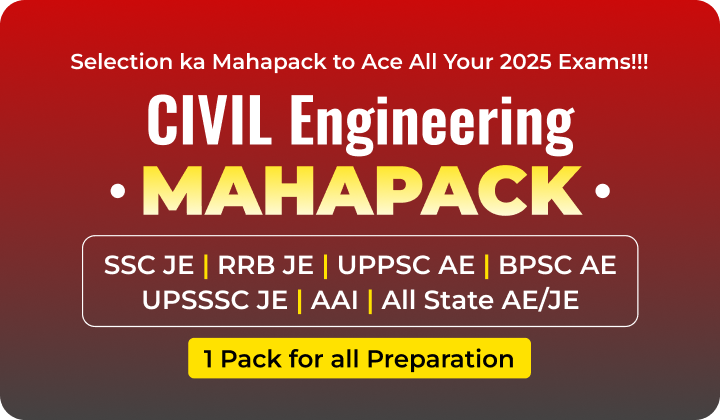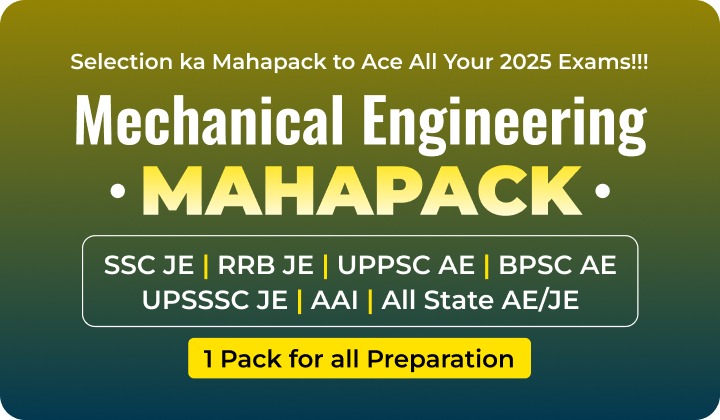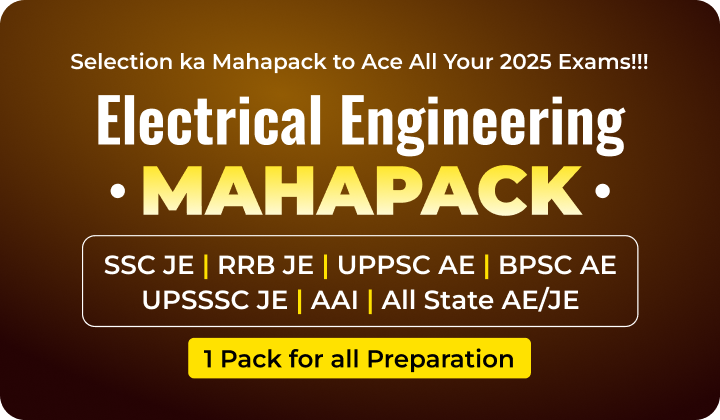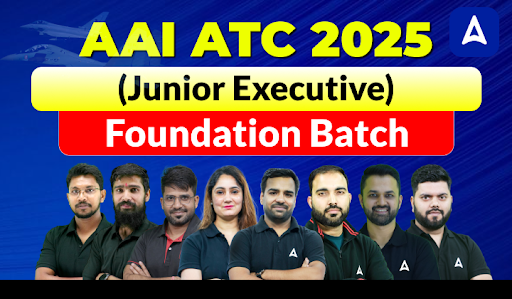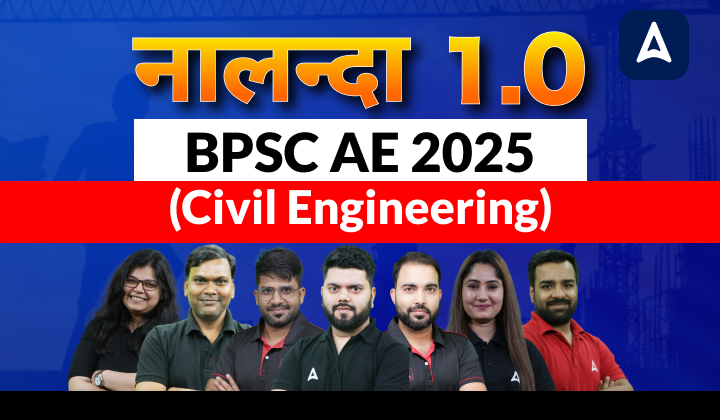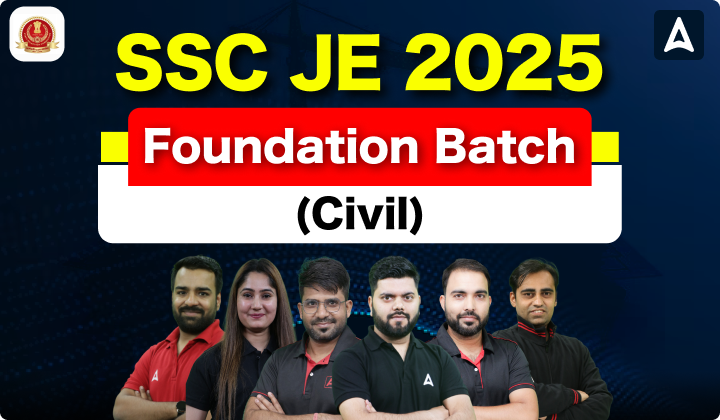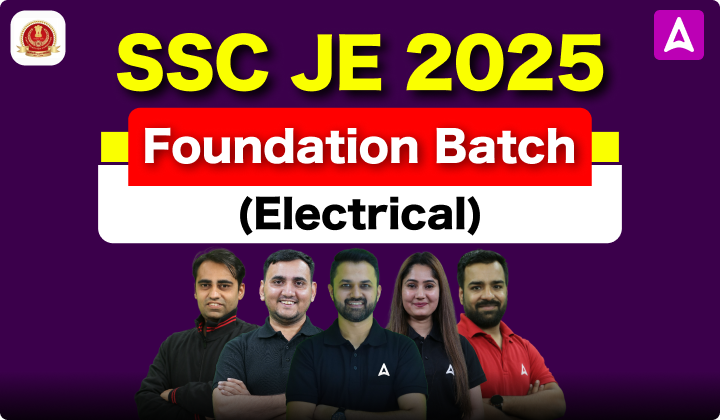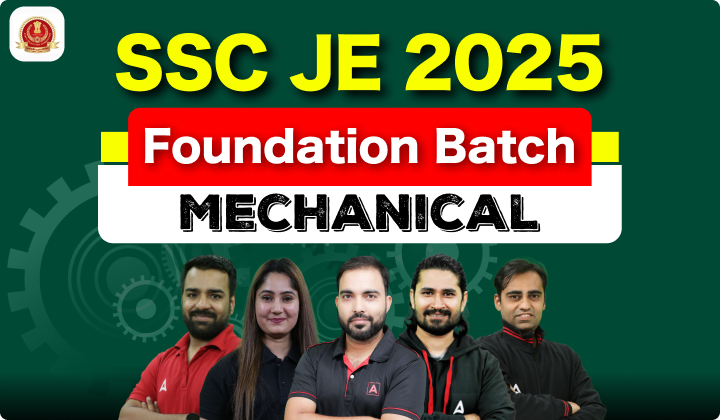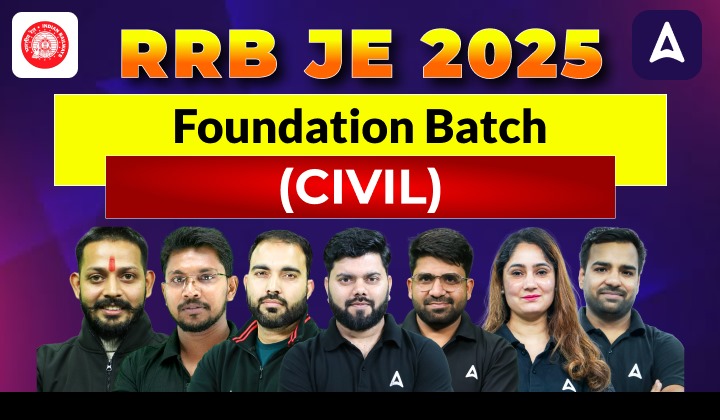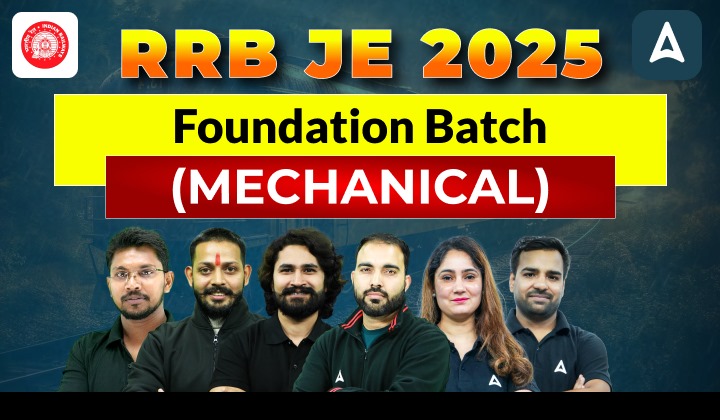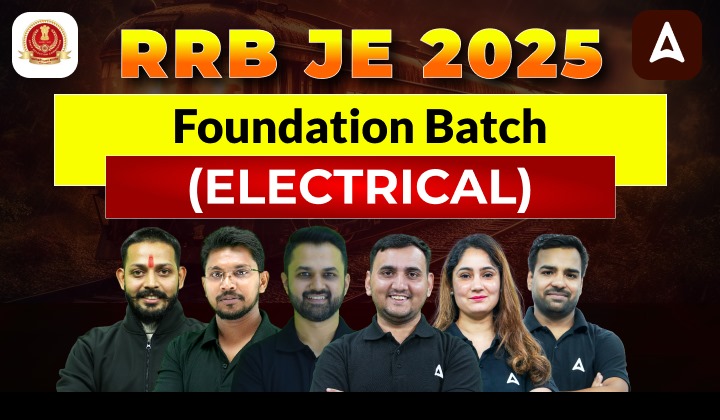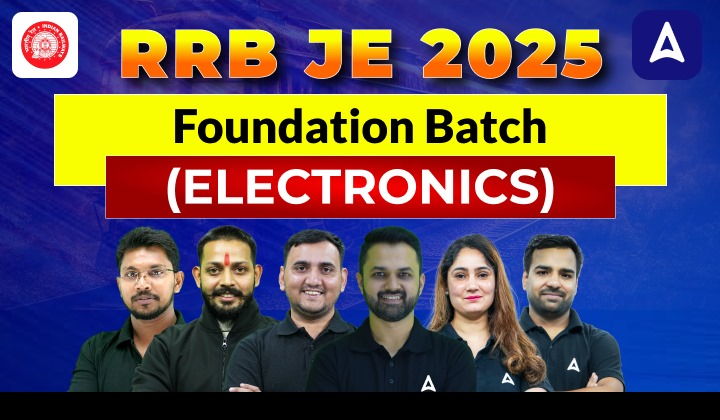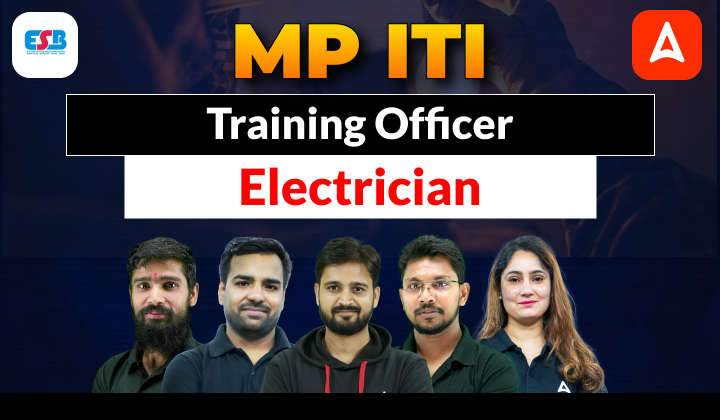Table of Contents
How to Clear SSC JE 2022 Electrical Engineering?
SSC JE Electrical Engineering Preparation 2022: The Staff Selection Commission (SSC) released SSC JE 2022 Notification on 12th August 2022 for the post of Junior Engineer in Civil, Electrical, Mechanical, and Quantity Surveying & Contracts. Eligible candidates, who are between 18-32 years and have completed graduation or diploma in Engineering can apply for SSC JE 2022 from 12th August 2022 to 2nd September 2022.
Candidates who want to crack SSC JE 2022 in Electrical Engineering in their first attempt should need a thorough knowledge of the SSC JE 2022 Exam pattern and syllabus for Electrical Engineering. Candidates must read this complete article for SSC JE 2022 Preparation Strategy and to have useful & effective tips and tricks to crack the SSC JE 2022 exam on the first attempt candidates are required to visit the page regularly to remain updated about any upcoming detail for SSC JE 2022 Exam and the latest Engineering Jobs Notifications.
SSC JE Preparation 2022: Overview
SSC JE Electrical Engineering Preparation 2022: The detailed information about SSC JE 2022 Exam is tabulated below. Candidates must check the below table for important information regarding SSC JE 2022 Exam.
| SSC JE 2022 | |
| Conducting Authority | Staff Selection Commission (SSC) |
| Post | Junior Engineer |
| Branches |
|
| Job Category | Engineering Jobs |
| Notification Released | 12th August 2022 |
| Application Begins | 12th August 2022 |
| Application Ends | 2nd September 2022 |
| Application Mode | Online |
| Exam Mode | Online and Offline |
| Exam Date | In the month of November 2022 |
| Selection Process |
|
| Official Website | @ssc.nic.in |
SSC JE Preparation 2022: Exam Pattern
SSC JE Electrical Engineering Preparation 2022: Questions from the electrical engineering topics are asked in the SSC JE Electrical Engineering Exam in both Paper-1 and Paper-2. Candidates should follow SSC JE 2022 Exam pattern given below:
SSC JE 2022 Electrical Engineering Prelims (Paper I) Exam Pattern
Paper I of the SSC JE 2022 Electrical Engineering Examination is a computer-based examination consisting of MCQ questions. For every correct attempt, a +1 mark will be awarded and for every wrong attempt, 0.25 will be deducted from the total score of the candidate.
| Papers | No. Of Questions | Maximum Marks | Exam Duration |
| i) General Intelligence & Reasoning | 50 | 50 | 2 Hrs |
| (ii) General Awareness | 50 | 50 | |
| General Engineering (Electrical) | 100 | 100 | |
| Total | 200 | 200 |
SSC JE 2022 Electrical Engineering Mains (Paper II) Exam Pattern
Candidates who qualify for the SSC JE 2022 Prelims Examination will have to appear for the SSC JE 2022 Mains examination. The final selection of the candidate is based on the score of the candidate in both papers.
The SSC JE Mains examination is a pen-paper-based subjective examination and the questions will be asked from the engineering domain of the applying candidate. There is no negative marking in Paper 2 of the SSC JE 2022 exam.
| Paper-II | Maximum Marks | Exam Duration |
| General Engineering (Electrical) | 300 | 2 Hrs |
SSC JE Preparation 2022: Syllabus
SSC JE 2022 Electrical Engineering Syllabus For Tier-1:
SSC JE 2022 Syllabus consists of topics from both the non-tech & tech portions. Candidates must check the syllabus for General Awareness and Intelligence, General Awareness, and General Electrical Engineering. Questions in the SSC JE 2022 Exam will be asked from the following topics given below:
SSC JE General Intelligence & Reasoning
| Classification | Analogy |
| Coding-Decoding | Arithmetical Computations |
| Matrix | Word Formation |
| Venn Diagram | Direction and Distance |
| Blood Relations | Series |
| Verbal Reasoning | Non-Verbal Reasoning |
| Seating arrangements | Analogies |
| Similarities | Paper Folding Method |
| Space Visualization | Problem Solving |
| Analysis | Judgment |
| Decision Making | Visual Memory |
| Discrimination | Observation |
| Relationship Concept | Arithmetical Reasoning |
| Verbal and Figure Classification | Arithmetical Number Series |
SSC JE General Knowledge
| Static General knowledge | Science |
| Current affairs | Sports |
| Books and Authors | Important Schemes |
| Portfolios | People in the News |
| History | Culture |
| Geography | Economics |
| General Polity | Scientific Research |
SSC JE Electrical Engineering Syllabus:
| Subject | Important Topics |
|
Basic Concepts |
|
| Magnetic Circuit |
|
| AC Fundamentals |
|
| Measurement and measuring instruments |
|
| Electrical Machines |
(A) D.C. Machine
(B) 1 phase and 3 phase transformers
(C) Single Phase Induction Motors
(D) 3 phase Induction Motors
(E) Synchronous Machines
|
| Generation, Transmission, and Distribution |
|
| Estimation and costing |
|
| Basic Electronics |
|
SSC JE 2022 Electrical Engineering Syllabus For Tier-2:
Basic concepts: Concepts of resistance, inductance, capacitance, and various factors affecting them. Concepts of current, voltage, power, energy, and their units.
Circuit law: Kirchhoff’s law, Simple Circuit solution using network theorems.
Magnetic Circuit: Concepts of flux, mmf, reluctance, Different kinds of magnetic materials, Magnetic calculations for conductors of different configurations e.g. straight, circular, solenoidal, etc. Electromagnetic induction, self, and mutual induction.
AC Fundamentals: Instantaneous, peak, R.M.S. and average values of alternating waves, Representation of sinusoidal wave form, simple series and parallel AC Circuits consisting of R.L. and C, Resonance, Tank Circuit. Poly Phase system – star and delta connection, 3 phase power, DC, and sinusoidal response of R-Land R-C circuit.
Measurement and measuring instruments: Measurement of power (1 phase and 3 phase, both active and re-active) and energy, 2 wattmeter method of 3 phase power measurement. Measurement of frequency and phase angle. Ammeter and voltmeter (both moving oil and moving iron type), an extension of range wattmeter, Multimeters, Megger, Energy meter AC Bridges. Use of CRO, Signal Generator, CT, PT, and their uses. Earth Fault detection.
Electrical Machines: (a) D.C. Machine – Construction, Basic Principles of D.C. motors and generators, their characteristics, speed control, and starting of D.C. Motors. Method of braking motor, Losses and efficiency of D.C. Machines. (b) 1 phase and 3 phase transformers – Construction, Principles of operation, equivalent circuit, voltage regulation, O.C., and S.C. Tests, Losses and efficiency. Effect of voltage, frequency, and wave form on losses. Parallel operation of 1 phase /3 phase transformers. Auto transformers. (c) 3 phase induction motors, rotating magnetic field, the principle of operation, equivalent circuit, torque-speed characteristics, starting and speed control of 3 phase induction motors. Methods of braking, the effect of voltage, and frequency variation on torque speed characteristics.
Fractional Kilowatt Motors and Single Phase Induction Motors: Characteristics and applications.
Synchronous Machines: Generation of 3-phase e.m.f. armature reaction, voltage regulation, parallel operation of two alternators, synchronizing, control of active and reactive power. Starting and applications of synchronous motors.
Generation, Transmission, and Distribution: Different types of power stations, Load factor, diversity factor, demand factor, cost of generation, inter-connection of power stations. Power factor improvement, various types of tariffs, types of faults, short circuit current for symmetrical faults. Switchgears – rating of circuit breakers, Principles of arc extinction by oil and air, H.R.C. Fuses, Protection against earth leakage / over current, etc. Buchholtz relay, Merz-Price system of protection of generators & transformers, protection of feeders and bus bars. Lightning arresters, various transmission and distribution systems, comparison of conductor materials, and the efficiency of different systems. Cable – Different types of cables, cable rating, and derating factor.
Estimation and costing: Estimation of lighting scheme, electric installation of machines, and relevant IE rules. Earthing practices and IE Rules.
Utilization of Electrical Energy: Illumination, Electric heating, Electric welding, Electroplating, Electric drives, and motors.
Basic Electronics: Working of various electronic devices e.g. P N Junction diodes, Transistors (NPN and PNP type), BJT, and JFET. Simple circuits using these devices.
SSC JE Preparation 2022: FAQs
Q1. When was the SSC JE 2022 notification released?
Ans. The SSC JE 2022 Notification was released on 12th August 2022.
Q2. What is the official website for the SSC Junior Engineer Exam 2022?
Ans. @ssc.nic.in is the official website for the SSC Junior Engineer Exam 2022.
Q3. What is the last date to apply for SSC Junior Engineer Exam 2022?
Ans. 2nd September 2022 is the starting date to apply for SSC Junior Engineer Exam 2022.

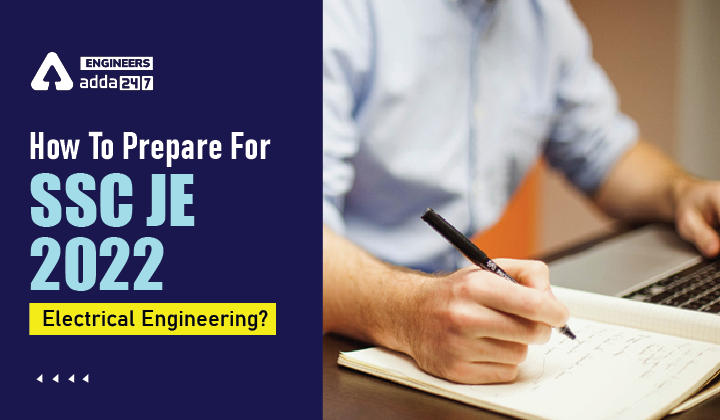

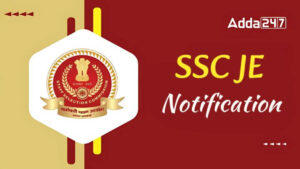 SSC JE Recruitment 2025 Notification Out...
SSC JE Recruitment 2025 Notification Out...
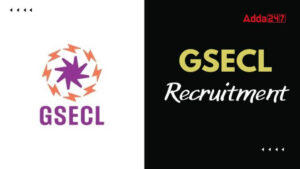 GSECL JE Recruitment 2025 Notification O...
GSECL JE Recruitment 2025 Notification O...
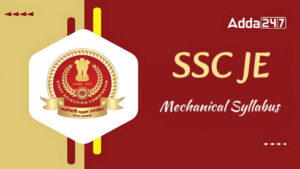 SSC JE Mechanical Syllabus 2025, Subject...
SSC JE Mechanical Syllabus 2025, Subject...

